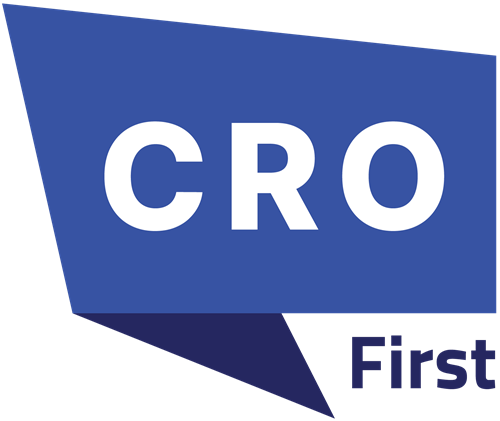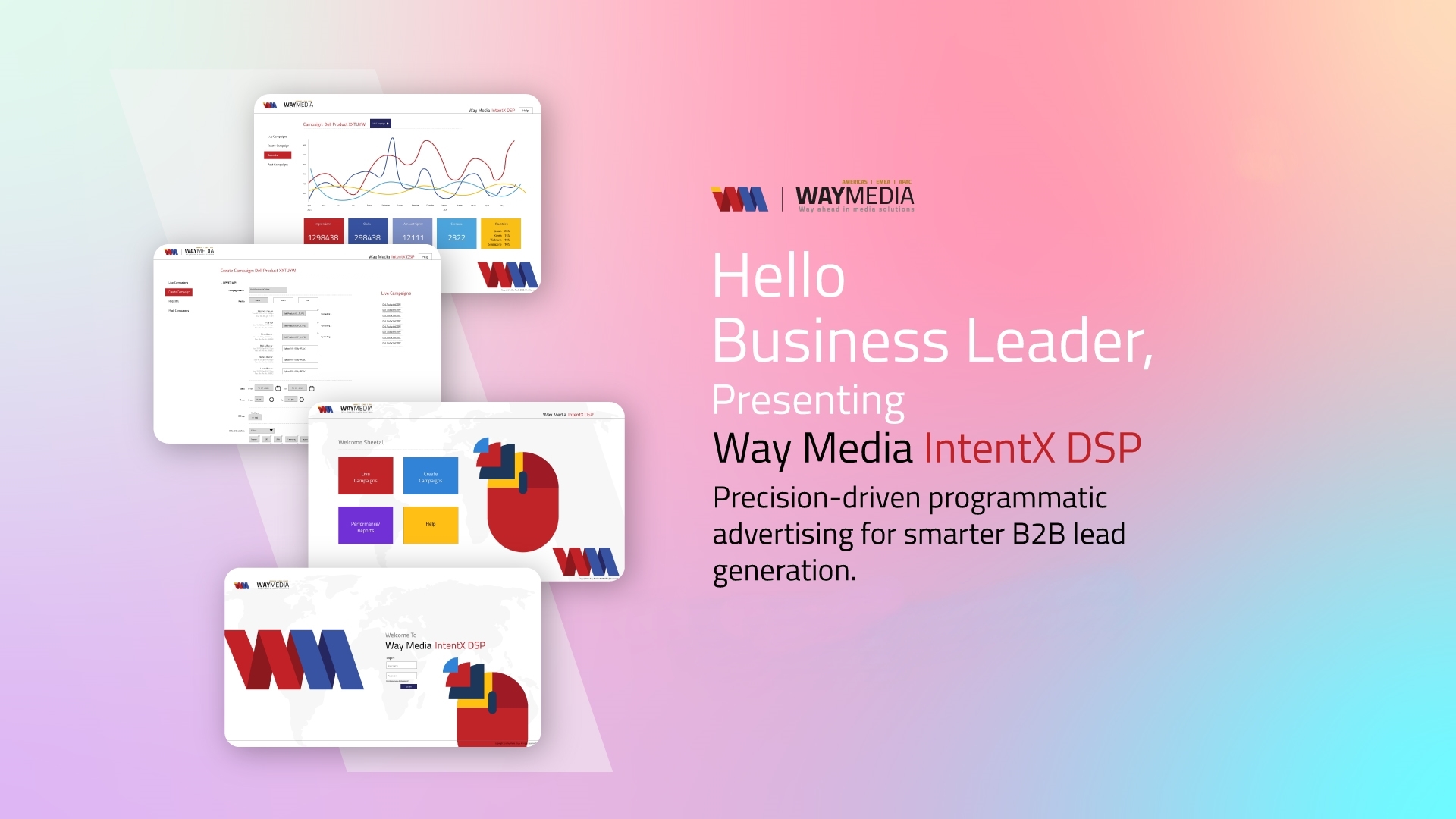Invoca, the leader in AI-powered revenue execution platforms, released The B2C Buyer Experience Report 2025, revealing how consumers value human connection and perceive AI in the modern buying journey. The study surveyed 1,000 consumers making “high-stakes” purchases—complex, high-value decisions across automotive, healthcare, financial services, home services, insurance, telecommunications, and travel. The findings make one thing clear: consumers don’t want AI to replace human support – they want both working together seamlessly.
“AI has fundamentally changed how consumers research and arrive at purchase decisions. They’re showing up ready to buy, armed with AI-generated insights and competitor comparisons. If you’re responsible for driving revenue at a B2C brand, you’ve seen the shift firsthand,” said Peter Isaacson, CMO at Invoca. “But in high-stakes moments like buying a car or choosing insurance, customer experience can still make or break the sale. It’s not about AI versus humans, it’s about using AI to empower people to connect, convert, and close when it matters most.”
Buyers Turn to Generative AI to Supplement, Not Replace, Traditional Research
At the very first step of the buying journey, Invoca research shows that 41% of respondents now actively use generative AI platforms like ChatGPT, Claude, and Gemini to research high-stakes purchases, such as comparing options, generating questions for salespeople, and clarifying complex topics. However, rather than replacing traditional search engines, consumers are using AI as a supplement to their existing research methods.
Also Read: Olto Raises $5.1M to Transform B2B Sales with AI, Starting with the World’s First AI Demo Engineer
The data reveals that while consumers are experimenting with generative AI, traditional search engines still dominate complex purchase research. However, this dynamic is likely to shift as younger, AI-comfortable consumers become the majority. The report shows:
- 46% rely solely on traditional search engines for complex purchase research
- 44% use both AI and traditional search together (though most still lean more on search)
- Only 2% depend mostly on generative AI
- Just 20% of Boomers use both AI and search engines, compared to higher adoption among younger generations
AI Works Best When Humans Stay Accessible
Invoca‘s study found that 77% of buyers are more willing to use a brand’s AI assistants when they can also easily reach a human representative, emphasizing the need for CX strategies that enhance rather than replace human support. As AI becomes more prevalent, buyers show a clear preference for hybrid experiences that combine AI speed with human empathy and trust. Additional key report insights include:
- Seamless escalation builds trust: 67% of respondents prefer human support when both AI and human options are equally available
- Efficiency still matters: 74% of respondents prefer using AI when it resolves issues faster than a human
- Human connections remain essential: 84% of respondents say human connection is important during high-stakes purchases, and 44% now prefer calling a business for help, up from 32% in 2022
- AI is becoming part of the research process: While 41% of respondents actively use generative AI tools to research major purchases, most still rely primarily on traditional search engines
- Premium service pays off: 70% of respondents are willing to pay more for the best customer service, up from 63% in 2022
Consumers Embrace AI but Still Turn to Phone Calls When Human Connection Matters
While 84% of respondents report interacting with brand-provided AI during major purchase decisions, they were nearly split between those who said AI made the buying experience better, worse, or that it made no difference at all. The key differentiator isn’t the technology—it’s giving consumers choice and control over when to use AI versus human assistance.
Despite rapid AI advances, the preference to call businesses for assistance has surged from 32% in 2022 to 44% today. A whopping 67% of consumers called a business during their buying journey, and calling is the #1 preferred channel when consumers need help with their purchase. This underscores the need for brands to connect digital journey data to phone conversations for seamless, personalized experiences.
The business case is clear. Consumers want AI to enhance, not replace, human interactions while maintaining choice between digital and phone channels for transactions and support.
Source: PRNewswire



